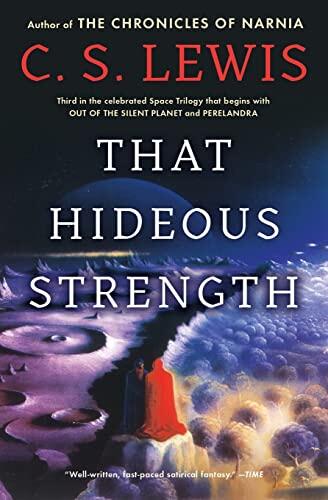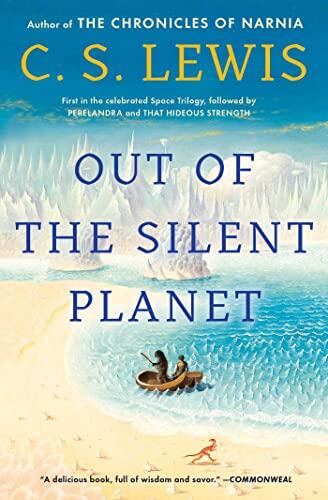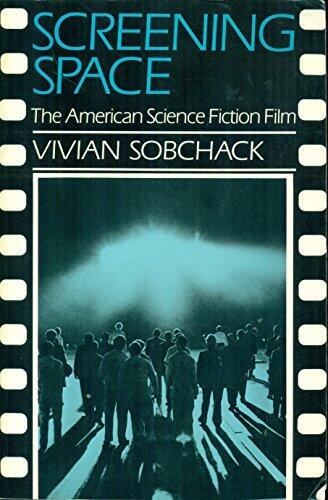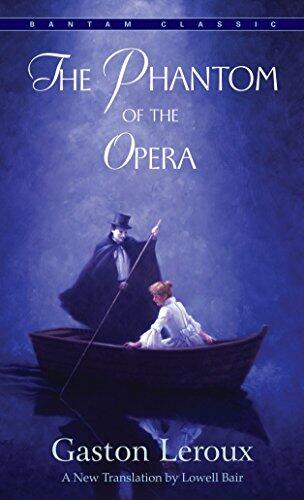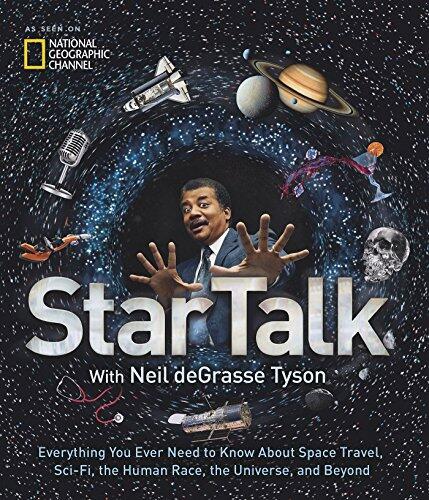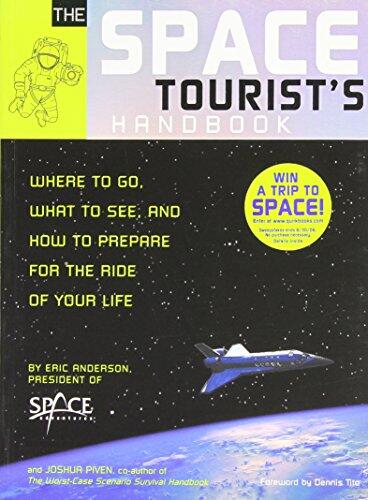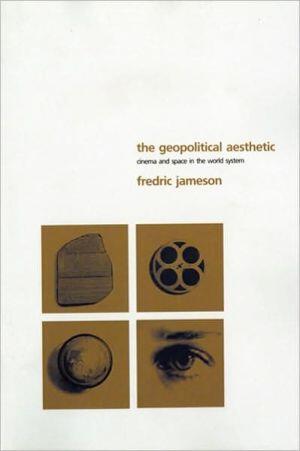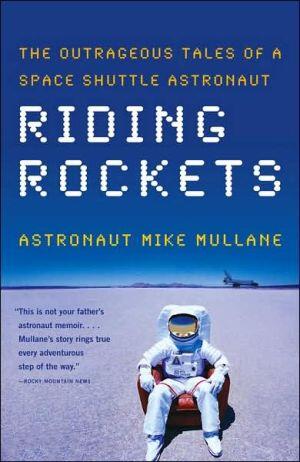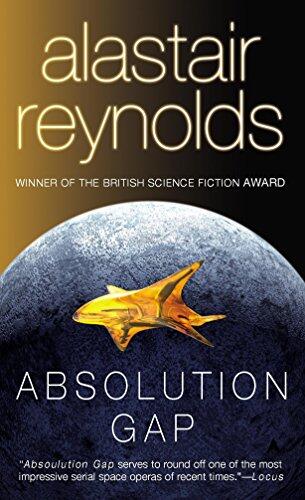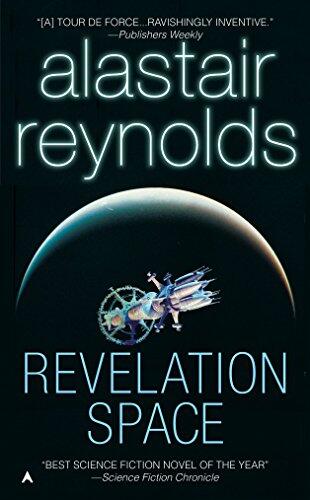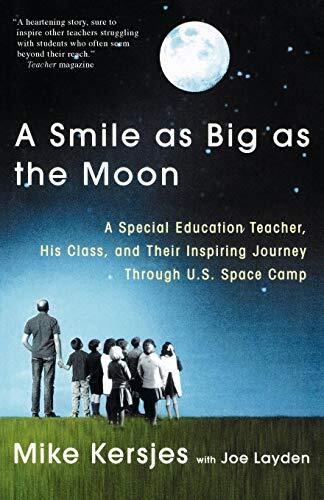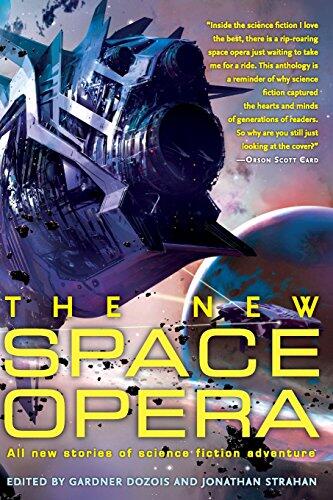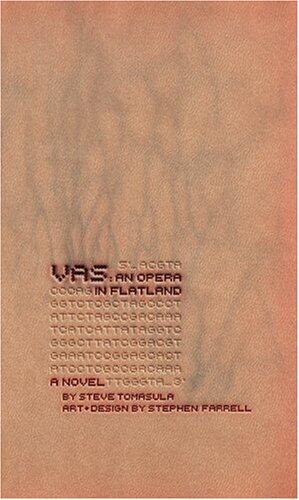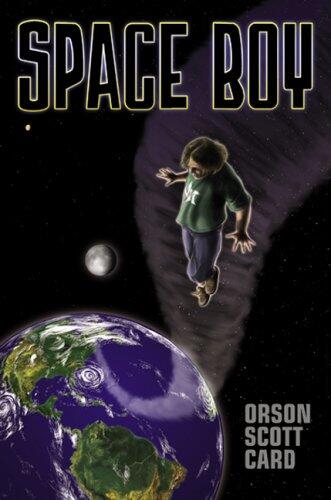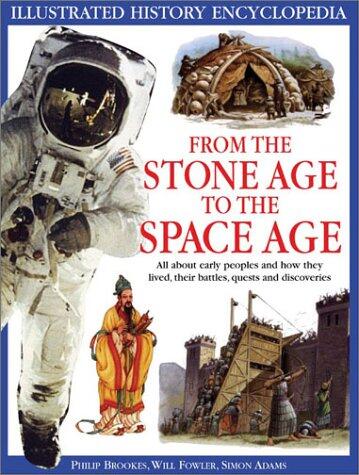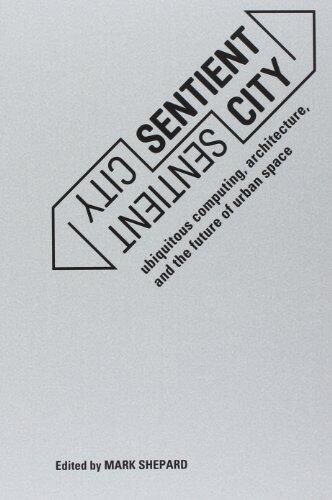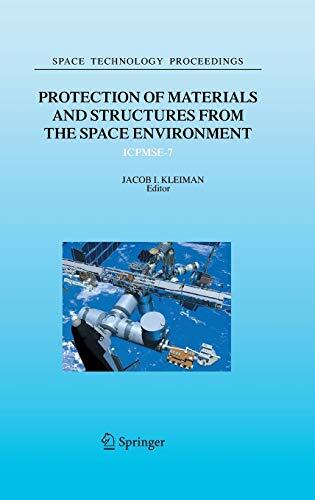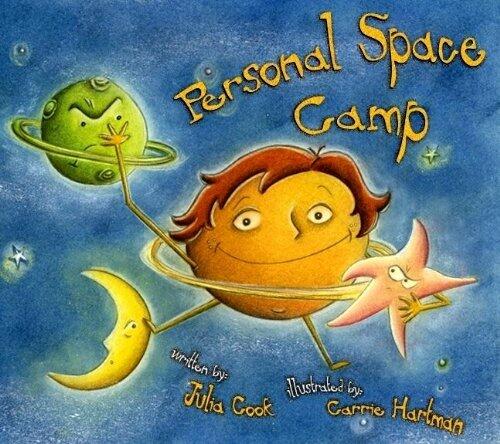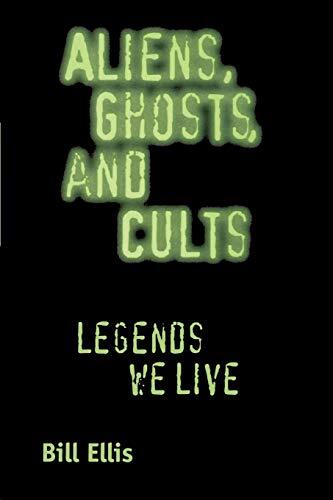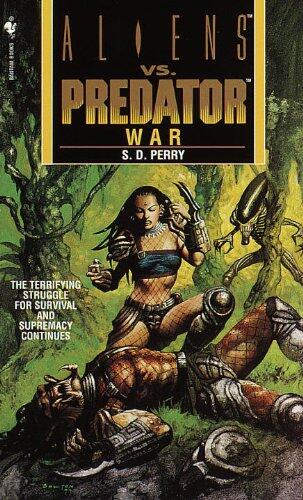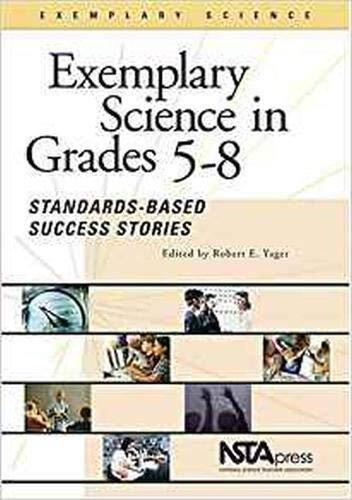
Exemplary Science in Grades 5-8: Standards-Based Success Stories
아직 평점이 없습니다
Science & Technology
형식
페이퍼백
페이지
237
언어
영어
출판됨
Sep 30, 2005
출판사
National Science Teachers Association
판
illustrated edition
ISBN-10
0873552628
ISBN-13
9780873552622
설명
This book presents a compelling collection of success stories that illustrate exemplary science education practices targeted at students in grades 5 through 8. It emphasizes the importance of aligning teaching methodologies with educational standards, showcasing real-life examples of innovative approaches that enhance student engagement and understanding of scientific concepts. Through a diverse array of narratives, it highlights the transformative potential of hands-on learning experiences and collaborative inquiry.
Robert E. Yager expertly navigates the challenges faced by educators in middle school science, offering inspiring solutions that not only captivate students but also cultivate critical thinking skills. The emphasis on standards-based education ensures that these stories are not just anecdotal; they serve as practical models for teachers seeking to elevate their classroom practices. The book illustrates how meaningful assessments and curriculum designs can positively impact student learning outcomes.
Readers will find value in the actionable strategies that are presented alongside the stories, as they provide a framework for educators striving to implement high-quality science instruction. By promoting an environment where exploration and curiosity thrive, this book ultimately champions the need for progressive teaching methods that resonate with young adolescents and prepare them for future scientific endeavors.
Robert E. Yager expertly navigates the challenges faced by educators in middle school science, offering inspiring solutions that not only captivate students but also cultivate critical thinking skills. The emphasis on standards-based education ensures that these stories are not just anecdotal; they serve as practical models for teachers seeking to elevate their classroom practices. The book illustrates how meaningful assessments and curriculum designs can positively impact student learning outcomes.
Readers will find value in the actionable strategies that are presented alongside the stories, as they provide a framework for educators striving to implement high-quality science instruction. By promoting an environment where exploration and curiosity thrive, this book ultimately champions the need for progressive teaching methods that resonate with young adolescents and prepare them for future scientific endeavors.
